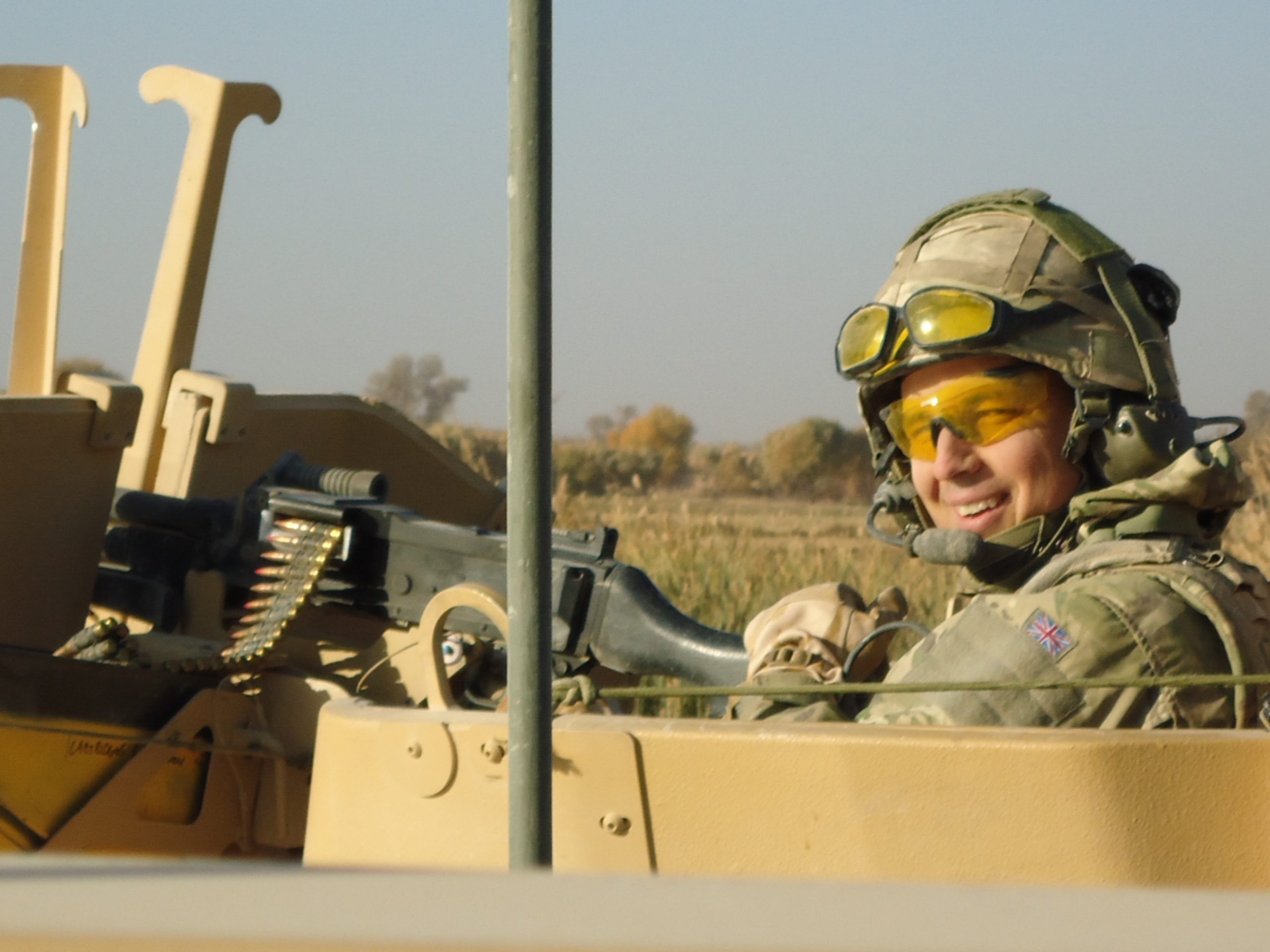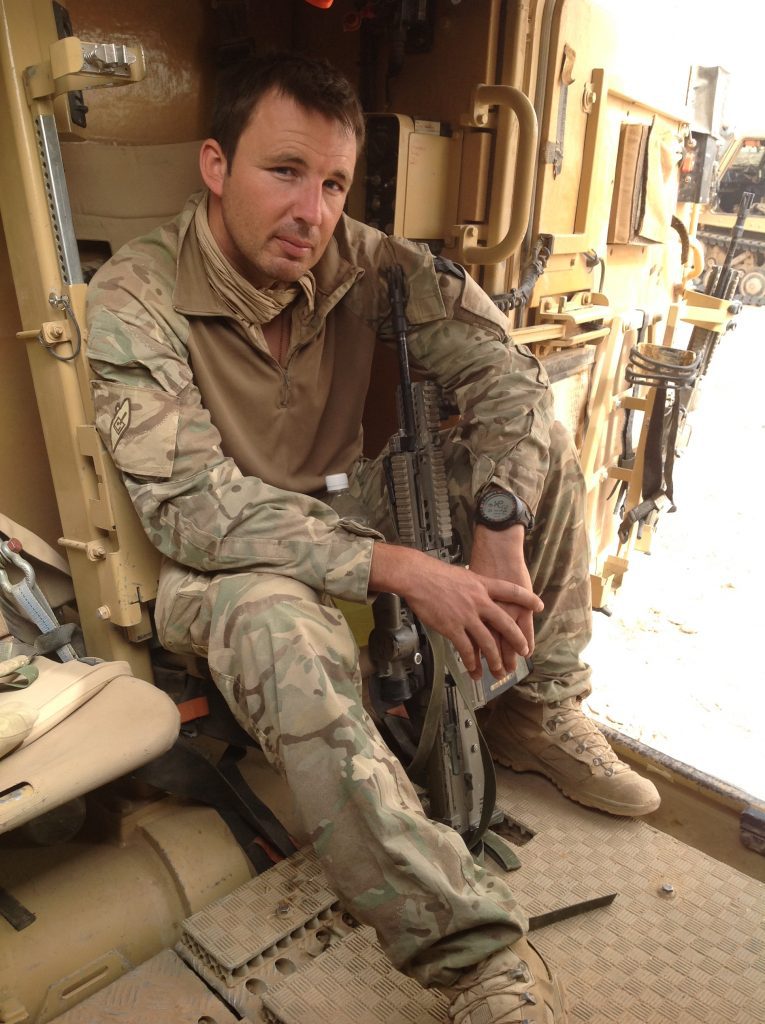Snowflake conscripts would make Britain’s Armed Forces ‘worldwide laughing stock’, commander warns

Britain’s Armed Forces would become a worldwide laughing stock if its ranks were filled with “pampered” Gen-Z conscripts, a decorated former Tank Commander has warned.
The snowflake generation “wouldn’t just struggle in the cold but quickly melt away”, retired Sergeant, Matthew Baldwin said.
Most would struggle to adapt to life in the military because their childhoods have been spent watching TikTok and playing with their smartphones.
The idea of general mobilisation is “far-fetched” as it would take years of training to transform them into capable soldiers.
Those of fighting age – 18-30 – are like “flowers grown in a greenhouse—protected, pampered, and sheltered from the storms”, he added.
Baldwin, who served in The Second Royal Tank Regiment, completed multiple tours of action in Northern Ireland, Kosovo, Iraq and Afghanistan, and was Mentioned in Dispatches for his bravery.
If the UK did introduce compulsory conscription to strengthen its dwindling professional ranks, its army would be a “target for ridicule”, embolden Britain’s foes, and damage its credibility as a credible military power, he warned.

He said: “The UK’s younger generation is far less prepared for the rigours of military life than any previous generation.
“It’s hard to imagine them willingly stepping into a world that strips away the luxuries they’ve come to depend on—especially when that world demands so much more than they’ve ever been asked to give.
“They’re like flowers grown in a greenhouse—protected, pampered, and sheltered from the storms.
“”The idea of conscripts, who are more familiar with TikTok than tactics, trying to form a credible military force would make us a target for ridicule. Any potential adversary would see a weakened, unprepared force, and that perception alone could embolden them.”
There has been growing concern over Europe’s defence capabilities, especially in light of US reluctance to prioritise European conflicts.
In response to this, Sir Keir Starmer committed to increasing defence expenditure, citing uncertainty surrounding Trump’s refusal to confirm a security guarantee for Europe in the case of a Russian attack.
But despite the threat, the UK is not currently considering National Service, according to the government.
Decisions may be needed in the future to respond to the “new reality” we are now living in, Minister Pat McFadden said this month.
Liberal Democrat MP for Tunbridge Wells Mike Martin also said Britons “will be conscripted” if the UK goes to war with Russia.
If mandatory conscription was introduced, Baldwin believes adult men and women aged between 18 and 30 would be called up for service.
For mobilisation to succeed, there would need to be a good reason – such as an imminent invasion – for young people to willingly enlist and take up the “The Dunkirk spirit” of camaraderie.
Otherwise, Gen Z-ers and their families are likely to refuse to sign up and fight their cases at court – sparking protests played out on social media akin to those last seen during Brexit. Others will simply desert.
Baldwin, whose crack team also tracked down war criminals on the UN’s most wanted list, said: “Those who try to desert or conscientiously object could quickly become social pariahs, using social media to gain support for their stance.
“The combination of legal battles and widespread social media support would likely create a significant divide in society, intensifying public pressure and further straining the military’s ability to function effectively.”
A deluge of 200,000 civilians would also put “unbearable strain” on the army, which already struggles to train, house, equip, and feed the normal volume of incomers.
But he said the biggest challenge with mobilisation will be changing the mindset of its soft recruits “who’d rather be anywhere else” and safeguarding against their mass desertion.
Whilst many young people in the Armed Forces are tough and resilient, most conscripts of that age would be unable to cope with gruelling training, following orders, and adapting to a disciplined and structured environment.
He wrote: “The problem is that this generation is accustomed to comfort. With constant access to smartphones, social media, and instant gratification, many young people have not experienced any physical discomfort, let alone that which military service demands.
“For many young people today, this would be a major shock. Millennials and Gen Z-ers, particularly those in urban areas, lack many of the resilience skills that would help them thrive in such a harsh environment.
“They’re more used to spending time on devices, enjoying the ease of modern life, and have rarely encountered the kind of tough, physical work that military service demands. Suddenly being stripped of their luxuries, with no access to smartphones or social media, would be a jarring experience.”
Baldwin left the army after 19 years of active service in 2015 and is now a professional, full-time author and has published a trilogy of acclaimed thrillers, the ‘Operation Fools Mate’ series, based on his military experiences and inspired by true events.
“The idea of a half-trained, largely unmotivated force being sent into combat is frightening, especially considering the immense sacrifices required in modern warfare,” he added.
“They’re like flowers grown in a greenhouse—protected, pampered, and sheltered from the storms. Asking them to suddenly endure the harsh conditions of military life would be like expecting them to survive in a blizzard. And the UK’s young snowflakes wouldn’t just struggle in the cold—they’d quickly melt away.”
